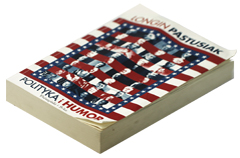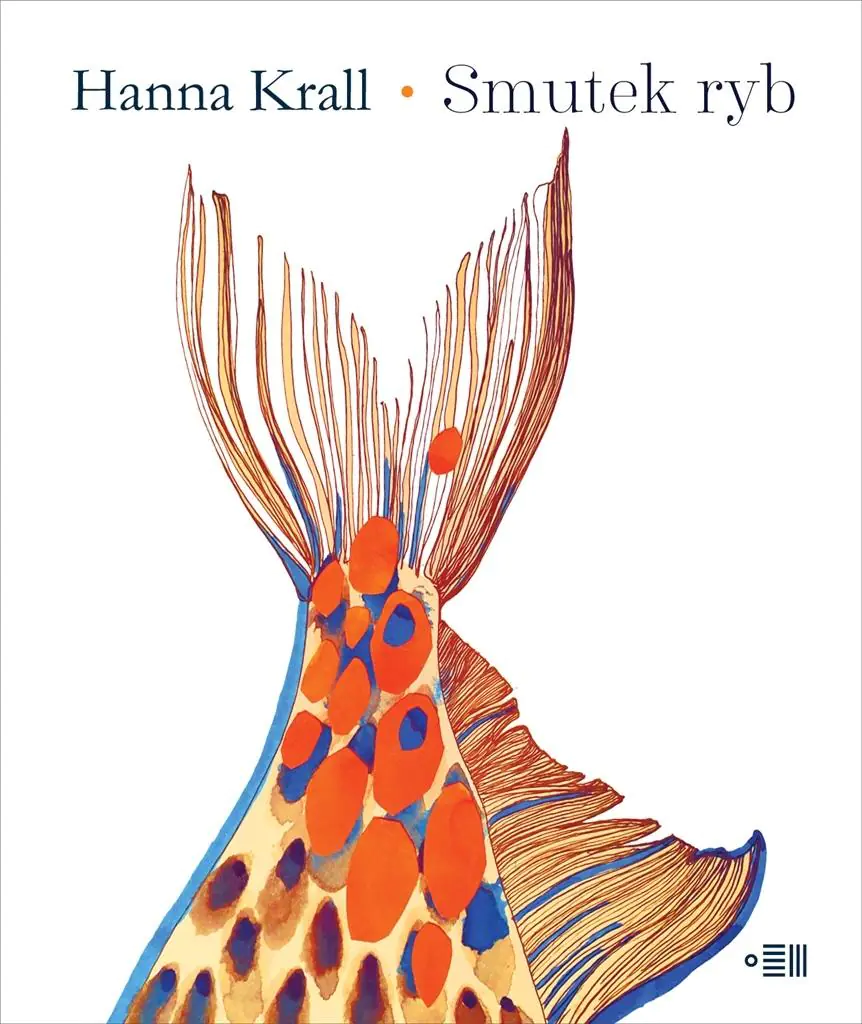Stan książek
Nasze książki są dokładnie sprawdzone i jasno określamy stan każdej z nich.






Nowa
Książka nowa.





Używany - jak nowa
Niezauważalne lub prawie niezauważalne ślady używania. Książkę ciężko odróżnić od nowej pozycji.





Używany - dobry
Normalne ślady używania wynikające z kartkowania podczas czytania, brak większych uszkodzeń lub zagięć.





Używany - widoczne ślady użytkowania
zagięte rogi, przyniszczona okładka, książka posiada wszystkie strony.
Smutek ryb
Masz tę lub inne książki?
Sprzedaj je u nas
Hanna Krall rozpoczęła swoją rubrykę "Smutek ryb" w czasopiśmie „Wiadomości Wędkarskie” z 1983 roku, kierując ją nie do wędkarzy, a raczej do ich żon, które miały czas na lekturę, gdy ich mężowie oddawali się swojej pasji. W dobie stanu wojennego, kiedy było trudno publikować swobodnie, rubryka stała się miejscem, gdzie mogła dzielić się swoimi przemyśleniami, ukrytymi między opowieściami o rybach. Paradoksalnie, te teksty nie były o sprzęcie wędkarskim ani technikach połowu. Rozmowy z różnymi osobami, jak profesor Henryk Samsonowicz czy Agnieszka Morawińska, pozwalały na eksplorację ryb w sztuce, historii czy nawet myśli społecznej. Jerzy Putrament opowiadał o spotkaniu z diabłem podczas wędkowania, a Marek Burski analizował cechy ludzi spod znaku Ryb. Mimo iż pisma nie były ściśle o wędkarstwie, zdobyły uznanie zarówno wśród żon, jak i samych wędkarzy, co doprowadziło Krall do wyróżnienia w plebiscycie czytelników. Choć te teksty nie zostały opublikowane w formie książkowej, fragmenty można znaleźć w późniejszych wydaniach prac Krall. „Smutek ryb” stanowił subtelną refleksję nad życiem, ukazując jego melancholijne akcenty, ale i radość z bycia nad wodą, gdzie w ciszy można było usłyszeć własne myśli i cieszyć się samym faktem istnienia.
Wybierz stan zużycia:
WIĘCEJ O SKALI
Hanna Krall rozpoczęła swoją rubrykę "Smutek ryb" w czasopiśmie „Wiadomości Wędkarskie” z 1983 roku, kierując ją nie do wędkarzy, a raczej do ich żon, które miały czas na lekturę, gdy ich mężowie oddawali się swojej pasji. W dobie stanu wojennego, kiedy było trudno publikować swobodnie, rubryka stała się miejscem, gdzie mogła dzielić się swoimi przemyśleniami, ukrytymi między opowieściami o rybach. Paradoksalnie, te teksty nie były o sprzęcie wędkarskim ani technikach połowu. Rozmowy z różnymi osobami, jak profesor Henryk Samsonowicz czy Agnieszka Morawińska, pozwalały na eksplorację ryb w sztuce, historii czy nawet myśli społecznej. Jerzy Putrament opowiadał o spotkaniu z diabłem podczas wędkowania, a Marek Burski analizował cechy ludzi spod znaku Ryb. Mimo iż pisma nie były ściśle o wędkarstwie, zdobyły uznanie zarówno wśród żon, jak i samych wędkarzy, co doprowadziło Krall do wyróżnienia w plebiscycie czytelników. Choć te teksty nie zostały opublikowane w formie książkowej, fragmenty można znaleźć w późniejszych wydaniach prac Krall. „Smutek ryb” stanowił subtelną refleksję nad życiem, ukazując jego melancholijne akcenty, ale i radość z bycia nad wodą, gdzie w ciszy można było usłyszeć własne myśli i cieszyć się samym faktem istnienia.
















